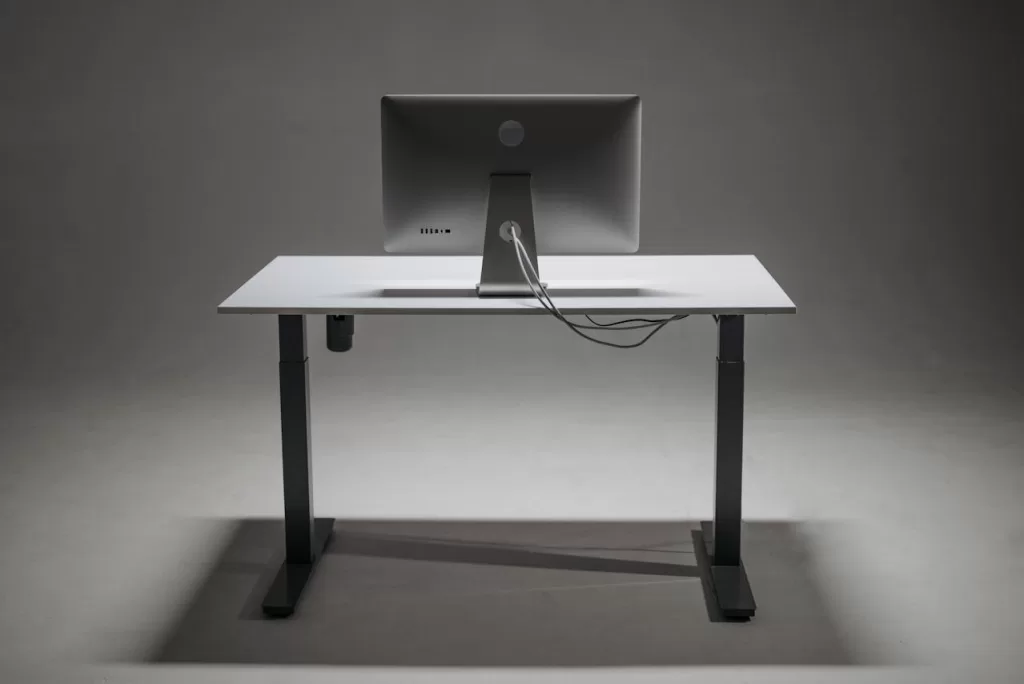Employee satisfaction, productivity, and security are paramount. One emerging solution that addresses these areas is the introduction of smart technology personal lockers for staff. These lockers are not just traditional storage units; they incorporate technology to provide a seamless, secure, and efficient experience.
We explore the benefits, potential applications, and financial considerations of investing in office smart lockers for personal use by employees.
What Are Smart Technology Personal Lockers?
Smart technology personal lockers are advanced storage systems equipped with digital interfaces, Internet of Things (IoT) capabilities, and often integration with mobile apps. These lockers are designed to provide secure, personalised storage solutions for employees. Users typically access their lockers using a unique code, RFID card, biometric scan, or mobile app, ensuring that their belongings are safe and easily accessible.
The Benefits of Office Smart Lockers
1. Enhanced Security: Traditional lockers often rely on simple locks that can be easily breached. Smart lockers, however, use advanced security measures such as biometric access, encrypted codes, and real-time monitoring to ensure that employees’ personal items are secure.
2. Convenience: With features like mobile app integration, employees can manage their lockers remotely, including checking availability, reserving lockers, and receiving notifications if the locker is left open or tampered with.
3. Efficiency: Smart lockers streamline the process of storing and retrieving personal items, reducing the time employees spend managing their belongings. This can lead to increased productivity as employees can focus more on their tasks.
4. Space Optimisation: In modern offices where space is a premium, smart lockers can be configured to optimise storage space. They can be modular and flexible, fitting into various office layouts without requiring extensive remodelling.
5. Employee Satisfaction: Providing smart lockers as a workplace amenity can enhance employee satisfaction. It demonstrates a commitment to modernising the workplace and addressing employee needs for secure, convenient storage.
Potential Applications in Offices
1. Personal Item Storage: Employees can use smart lockers to securely store personal items such as bags, laptops, and other valuables. This is particularly useful in open-plan offices where personal space is limited.
2. Hot-Desking Environments: In offices that utilise hot-desking, smart lockers can provide a secure place for employees to store their belongings, making it easier to transition between different workstations.
3. Gym and Wellness Facilities: For companies that offer on-site gym facilities, smart lockers can serve as secure storage for employees’ workout clothes and gear, enhancing the overall workplace wellness program.
4. IT and Equipment Management: Smart lockers can be used to store and manage IT equipment and office supplies. Employees can check out items as needed, and the system can track usage, ensuring accountability and efficient resource management.
5. Sensitive Document Storage: In offices handling confidential information, smart lockers can provide a secure way to store sensitive documents, accessible only to authorised personnel.

Financial Considerations
Investing in smart technology personal lockers involves several financial aspects that need careful evaluation:
1. Initial Investment: The upfront cost of purchasing and installing smart lockers can be significant. Prices vary depending on the size, features, and technology integration of the lockers. However, the investment can be justified by the long-term benefits.
2. Maintenance Costs: Regular maintenance is crucial to ensure the smooth operation of smart lockers. This includes software updates, hardware repairs, and general upkeep, which can add to the overall cost.
3. Cost Savings: Smart lockers can reduce the need for physical management or allocation of lockers on-site or even the management of keys systems by a facilities team.
4. Return on Investment (ROI): To assess the viability of investing in smart lockers, a detailed ROI analysis is essential. Consider factors such as cost savings from improved efficiency, potential reduction in theft or loss, and the value added in terms of employee satisfaction and retention.
5. Scalability: Evaluate whether the smart locker system you are considering can scale with your organization’s growth. This is particularly important for businesses expecting an increase in staff or requiring flexible office space configurations.
Challenges and Considerations
While the benefits of smart lockers are compelling, there are also challenges to consider:
1. Technology Integration: Ensuring that the smart lockers seamlessly integrate with existing office systems and platforms can be complex. This requires robust software and sometimes bespoke solutions.
2. User Adoption: Getting employees to adopt a new system can be challenging. Effective communication and training are essential to ensure smooth adoption and utilisation.
3. Data Security: As with any IoT-enabled system, data security is a critical concern. Protecting user information and locker usage data from cyber threats is paramount.
4. Regulatory Compliance: Ensure that the smart locker solution complies with local regulations and standards, particularly those related to data privacy and security.
Investing in office smart lockers for personal use by employees can be a sound decision for those looking to enhance security, convenience, and efficiency in the workplace. However, it requires careful consideration of the financial implications, potential challenges, and the specific needs of your organization. By weighing the benefits against the costs and potential hurdles, you can determine whether office smart lockers are a worthy investment for you.
![The [RE]Search Co.](https://re-search.co/wp-content/uploads/2025/02/The-RE-Search-Co-Orange_Grey-png-350x51.avif)












